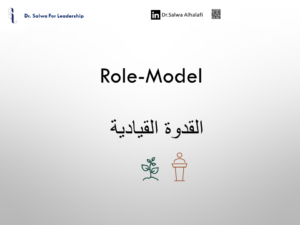In their pursuit of profitability, many companies resort to workforce reductions as a means of allegedly reducing costs and improving efficiency. This strategy, popularized by leaders such as Jack Welch, who was considered the "Leader of the Century" for his outstanding achievements at General Electric, has become a standard approach for many organizations. However, it often fails to achieve the desired results.
Jack Welch, known for his management skills, has not escaped criticism, particularly regarding his approach to workforce reduction. Although this approach is widespread, it often overlooks a crucial factor: the true value of employees and their unique skills.
Failure to recognize and utilize the special skills within the workforce can have a negative impact on a company's market value. When employees are viewed as numbers on a financial sheet rather than valuable assets, a company risks undermining its potential for growth and innovation.
A poignant example is the Disney case in 1999, when the termination of a competent employee who had experience with safety systems resulted in higher financial costs due to avoidable accidents and tragic outcomes.
Even Jack Welch himself emphasized the importance of retaining and developing employee competencies, considering them the most important factor for the success of any strategic initiative. True leadership, he noted, requires more than simply following trends or implementing quick fixes without considering their long-term impact.
Effective leadership requires a deep understanding of the organization's current state, its aspirations, and the best path to achieving its goals. Instead of focusing on short-term gains through random cost-cutting measures, leaders must invest in their workforce and build a culture that values and utilizes the full potential of every individual.
In conclusion, the pursuit of profitability should not come at the expense of talent and expertise. By embracing a portion of Jack Welch's philosophy, organizations can realize their full potential and drive sustainable growth in today's dynamic business environment.
Dr. Salwa Al-Halafi



